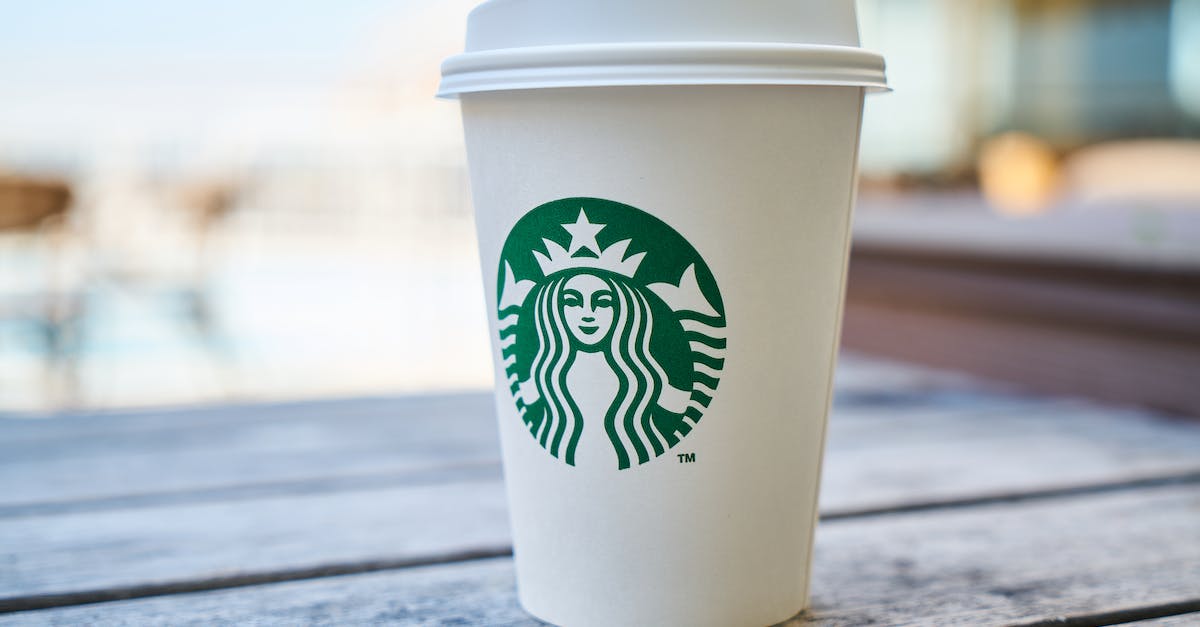
Written by: Alex Chen · Expert in Technology, Personal Finance, Travel
Published: February 3, 2024
We strive to provide well-researched, factual content. If you notice any errors, please contact us.

It seems like there is always some controversy brewing in the world of coffee. One of the most recent targets of public outcry is none other than Starbucks, the beloved coffee chain that has become a cornerstone of communities all over the globe.
Just like a freshly brewed cup of joe, the reasons behind the Starbucks boycott are complex and layered. At the heart of the controversy is a series of allegations and incidents that have tarnished the company's reputation.
In 2018, Starbucks faced widespread criticism after two black men were arrested at a Philadelphia store for simply waiting for a friend. The incident sparked a national conversation about racial bias and prompted the company to close its stores for a day to conduct racial-bias training.
Starbucks, which prides itself on its ethical sourcing and fair trade practices, has been accused of failing to prioritize the well-being of its own employees. Workers have claimed that they are overworked, underpaid, and often subjected to unpredictable schedules. These allegations have fueled calls for improved labor rights within the company.
While Starbucks has taken steps to reduce its environmental footprint by introducing recyclable cups and implementing waste reduction initiatives, critics argue that the company's overall approach to sustainability is insufficient. Many activists are advocating for the company to do more to address the global plastic pollution crisis.
In today's digital age, boycotts can gain momentum quickly thanks to the power of social media. It only takes a single tweet or an Instagram post to ignite a firestorm of public outrage. With millions of followers on platforms like Twitter and Facebook, Starbucks has found itself at the center of many online controversies.
Boycotts can have a significant impact on a company's bottom line and reputation. When consumers organize and rally against a brand, it can lead to decreased sales and long-term damage to the company's image. However, the effectiveness of a boycott largely depends on the level of public support and the extent of media coverage.
While many people are actively participating in the Starbucks boycott, there are also those who argue against it. Some believe that boycotting a company does little to bring about meaningful change and that engaging in open dialogue and advocacy is a more effective approach. Others argue that by boycotting Starbucks, we risk jeopardizing the livelihoods of the company's employees, many of whom rely on their jobs to support themselves and their families.
As consumers, we have the power to hold companies accountable for their actions. Boycotts can be a powerful tool when used strategically, but they are not without their complexities and potential unintended consequences. If you're considering joining a boycott, it is important to educate yourself about the issues at hand and make an informed decision.
So, the next time you're craving a latte or a Frappuccino, take a moment to reflect on the controversies surrounding Starbucks. Ask yourself what role you want to play in shaping the future of this iconic coffee chain. Remember, it's not just about the coffee anymore.
Starbucks is currently facing a boycott due to various reasons, including allegations of racial bias, labor practices, and environmental impact. The power of social media has played a significant role in amplifying the boycott and bringing attention to these issues. While boycotts can have a tangible impact on a company, they also raise questions about the effectiveness and potential unintended consequences. As consumers, it is important to educate ourselves and make informed decisions about the brands we support.

Written by: Alex Chen · Expert in Technology, Personal Finance, Travel
Published: February 3, 2024
We strive to provide well-researched, factual content. If you notice any errors, please contact us.